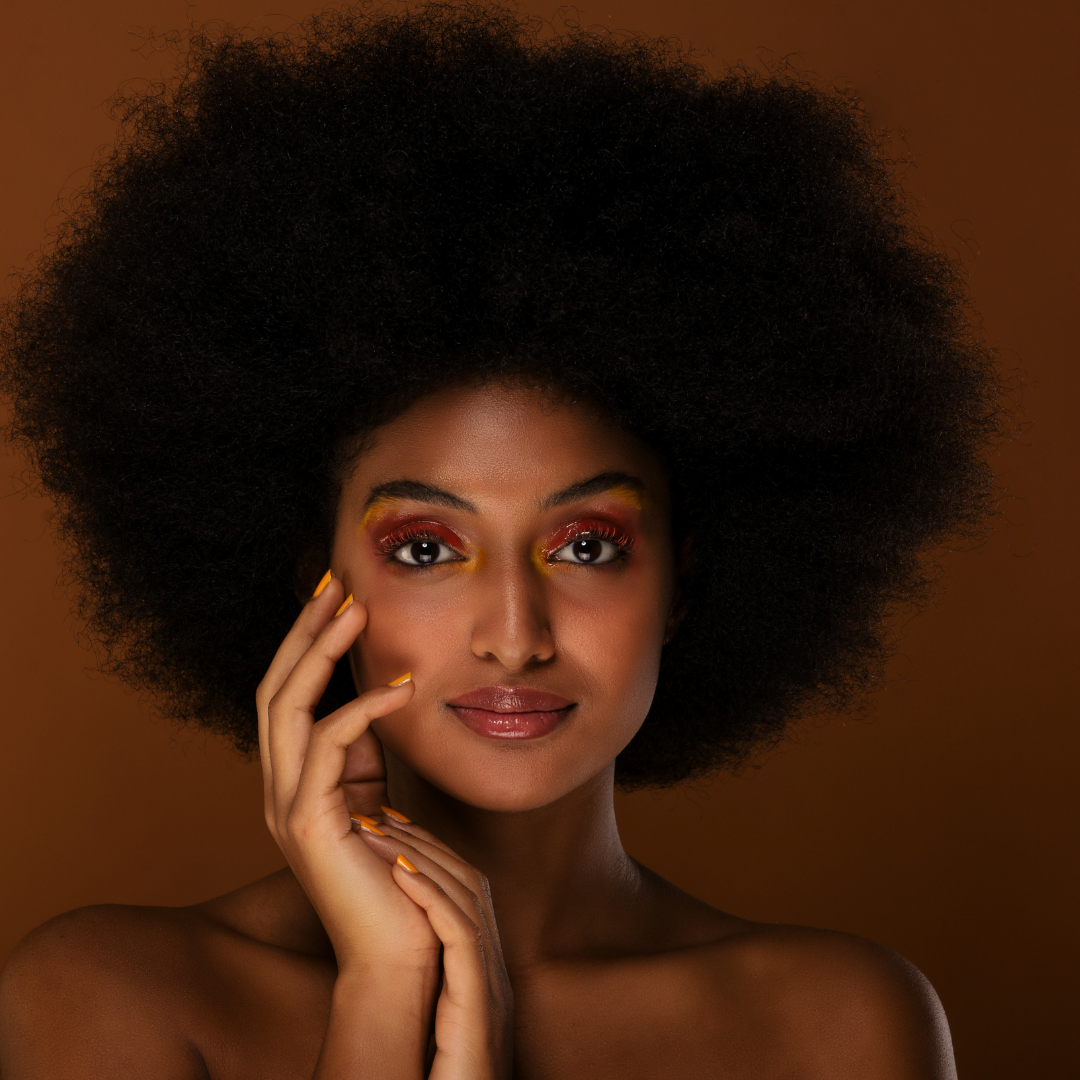
Quick & Easy Hair Porosity & Density Tests
Share
Whether you’re new to the curly scene or a faithful veteran, the terms “hair porosity” and “hair density” have most likely been brought to your attention. If not, then add both of them to your vocabulary, because hair porosity and hair density are equally important in determining the best care for your curls.
DETERMINING HAIR POROSITY
In the naturally curly world, hair porosity simply refers to the hair’s ability to absorb moisture. Depending on the condition of your hair, your cuticle layers could be very open allowing a lot of moisture to enter. On the opposite side of the spectrum, your hair’s cuticle layers could be very tight and preventing moisture to penetrate it. High porosity means your hair is very porous and allows a lot of moisture in. Low porosity means that your hair is less porous and is resistant to moisture.
How can you determine whether or not your hair is highly porous? There are many ways to test this, but the easiest is to conduct a “floating hair test.”
- Take a couple of strands of your hair and drop them into a bowl of water.
- Let them sit in the bowl for about two to four minutes.
- Observe your hair. If you hair is floating in the water, you have low porosity. If your hair is sinking, you have high porosity
How should my hair porosity affect my regimen?
If your hair strands stayed afloat, this means that you have low porosity. Your hair is typically resistant to moisture. This does not mean that your hair is unhealthy; it simply means that you need to help your hair retain moisture. Try using lighter hair products with humectants, and utilize heat! Heat can be your best friend if you have low porosity. Wash and condition your hair with warm water, and deep condition under a hooded dryer (or hold a hair dryer over your head).
If you hair strands sunk in the bowl of water, your hair is highly porous. It easily absorbs moisture and therefore is mostly likely prone to frizz. Highly porous hair requires a little more effort to maintain, but it’s nothing a well planned hair regimen can’t handle! Try adding some protein rich products to your hair regimen, such as an avocado deep conditioner. Porous hair needs protein to fill in the gaps, so look for hair products with proteins such as aloe and wheat protein.
Curly hair porosity test!
https://www.curlsbot.com/porosity/
